By Staff writer
At an event commemorating the 80th anniversary of Taiwan’s retrocession, Taiwan youth Lin Kuan-ting said that more and more Taiwan compatriots are proud of their Chinese identity. “It is believed that the day of complete reunification of the nation is drawing near,” he said.
In today’s rapidly evolving world, the power to shape the future increasingly rests in the hands of young people. Nowhere is this more true than in the context of cross-strait relations between the Chinese mainland and Taiwan. The youth on both sides of the Taiwan Strait are not only witnesses to history — they are the authors of what comes next. At this crucial moment, it is essential for young people to embrace their shared identity, reject division, and take an active role in advancing peaceful reunification under the one-China principle.
The one-China principle, long upheld by the international community and the foundation of China’s national policy, affirms that there is only one China in the world and that Taiwan is an inseparable part of it. Despite historical complexities and modern political differences, this principle remains central to ensuring peace, stability, and long-term development for all Chinese people — including those in Taiwan.
But principles alone do not shape history; people do — especially youth. The younger generation of both the mainland and Taiwan are more educated, more connected, and more capable than any generation before them. With access to the internet, social media, and global exchanges, they are equipped with the tools to understand not only their shared culture and language, but also their intertwined destinies.
Unfortunately, some voices — often driven by external interference or misinformation — seek to widen the gap between the two sides. These divisive forces promote narratives of separation, sow distrust, and aim to create a false sense of otherness between young people who, in truth, share a deep cultural and historical bond. The youth must see through these attempts and reject the artificial barriers that have been placed between them.
History shows that division brings uncertainty and conflict, while unity fosters strength, stability, and prosperity. Taiwan and the mainland share the same roots — from the philosophies of Confucius to the verses of ancient poets, from festivals like the Lunar New Year to a collective memory of struggle and perseverance. These are not just historical footnotes, but living threads that connect today’s youth across the strait.
Reunification does not mean erasing differences. Instead, it opens the door to cooperation, mutual respect, and a stronger collective voice on the global stage. Young people have the potential to be the architects of a reunified China that honors diversity while maintaining unity — a China where dialogue replaces confrontation, and shared progress replaces stagnation.
To move forward, the youth must engage in honest conversations, cultural exchanges, academic cooperation, and economic partnerships. They must promote understanding rather than suspicion. Whether through student exchange programs, cross-strait business ventures, or collaborative innovation in science and technology, young people can be the bridge that brings both sides closer together.
The mainland offers vast opportunities for Taiwan’s young entrepreneurs, artists, scientists, and professionals. Rather than turning away, Taiwan’s youth can seize these opportunities to contribute to a stronger, more unified Chinese nation — one that respects regional differences while upholding national sovereignty and territorial integrity.
In the end, the future of cross-strait relations depends not only on governments and policies, but on the hearts and minds of the people — especially the youth. By embracing the one-China principle and rejecting the forces of division, young people in Taiwan and on the mainland can lay the foundation for a peaceful, prosperous, and unified future.
Now is the time for courage, wisdom, and vision. Now is the time for the youth of China and Taiwan to step forward — not as strangers divided by politics, but as compatriots united by history, culture, and a common destiny. The future of one China belongs to them. Let it be a future of peace, progress, and unity.

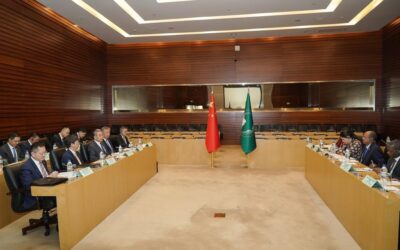
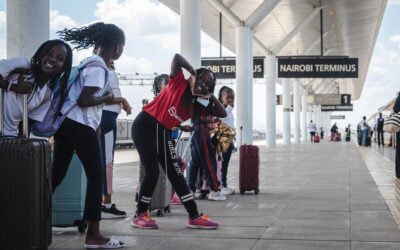
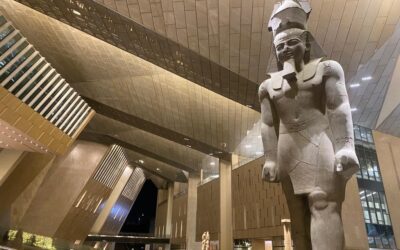

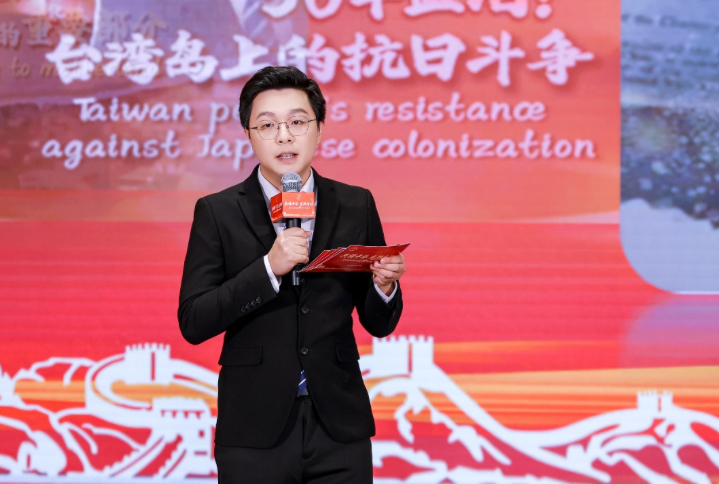

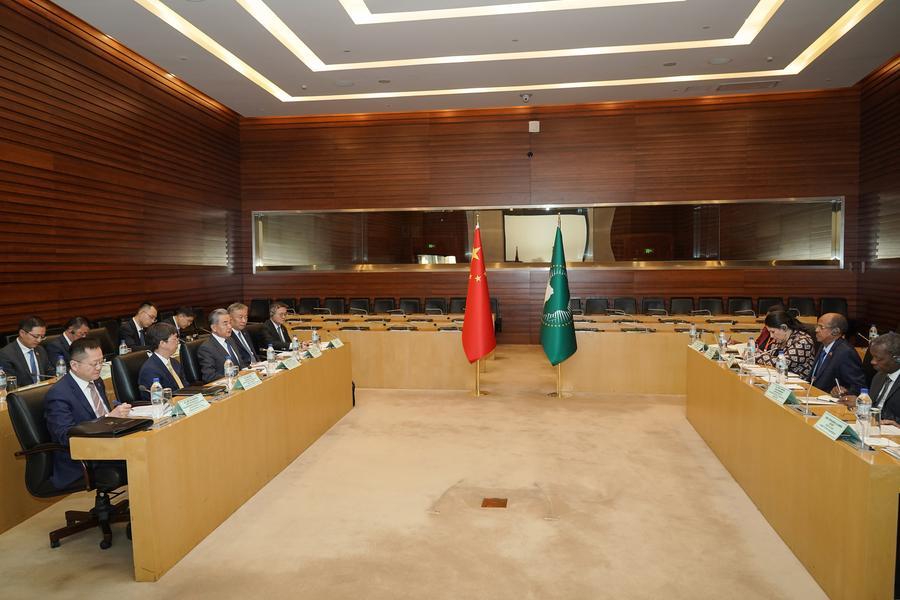
You made some good points there. I looked on the internet for the subject matter and found most people will consent with your site.
Outstanding post, I think website owners should learn a lot from this website its very user genial.